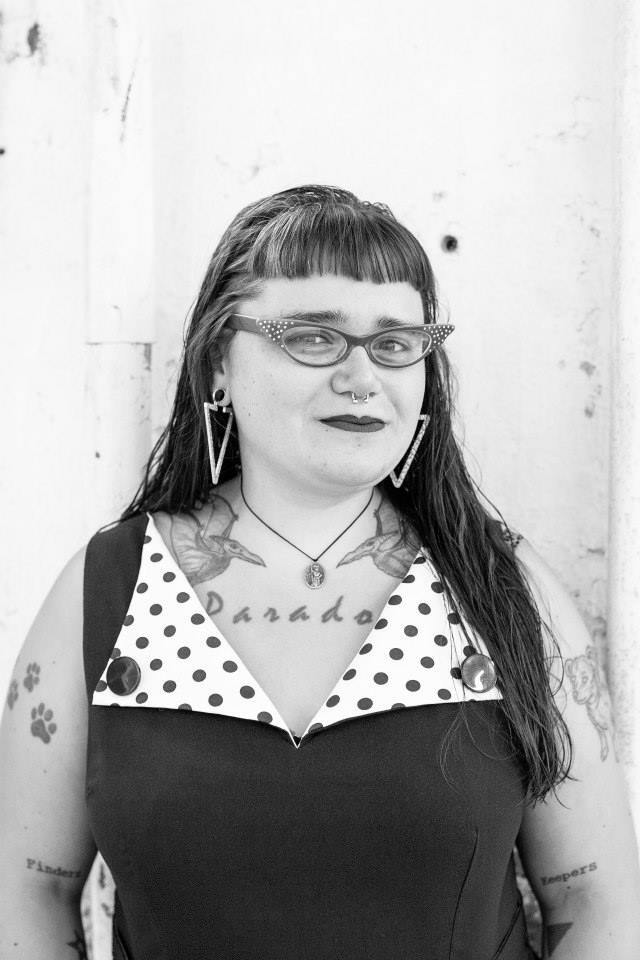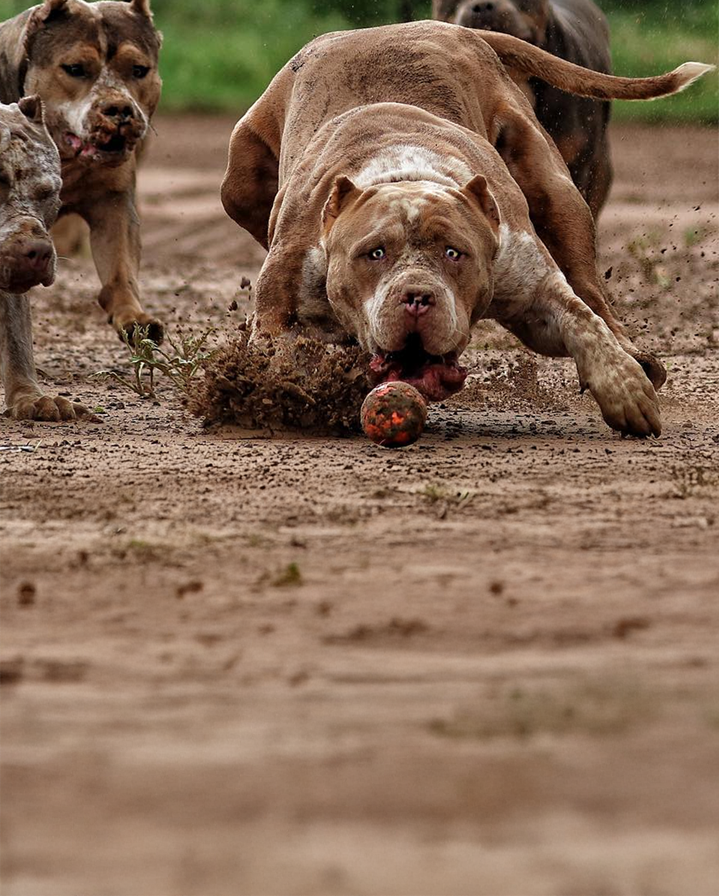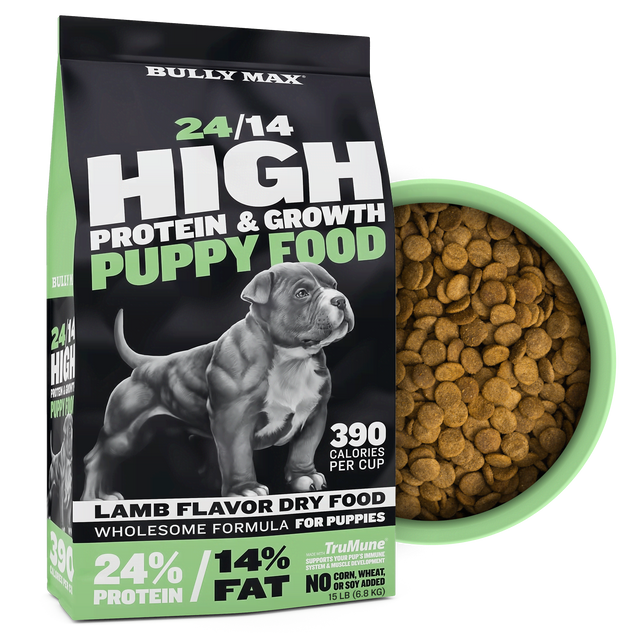Puppy Schedule 101: Creating a Daily Routine for Your New Pup
Bringing a new puppy home is exciting, but it also can be exhausting. If you're adding a puppy to your family, make sure you have all your puppy essentials ready, then it's important to be as organized as possible. Having a structured puppy routine helps you meet your puppy’s needs and reduce frustrating behaviors. A routine can even make potty training easier. An easy-to-follow daily schedule can also help you and your puppy bond with each other. Schedules for puppies are important because they allow our dogs to know what to expect from day-to-day life in our home. This helps puppies to feel more secure, be more relaxed, and better behaved.
The Four Components of a Good Puppy Schedule:

Potty Time
The fastest way to help our new puppy learn where we want them to go to the bathroom is to create a schedule. They must have given the opportunity to go outside and potty regularly. Puppies often need it during activity changes.
Always take your puppy outside to potty after eating, after playtime, and when they wake up from naps. These moments of transition are times when potty accidents can easily happen. Providing enough opportunities during the day for your puppy to relieve themself is important.
At minimum puppies need opportunities to go outside to potty every couple of hours. This will help to minimize accidents, and help puppies understand we want them to potty outside. When your puppy goes potty outside, offer lots of praise and treats. We recommend you to learn more about potty training your puppy.
Mealtimes
It’s important to feed your puppy a high-quality puppy food. Puppies are growing quickly and need to eat more frequently than adult dogs. Most healthy adult dogs do well eating two meals per day. Puppies, however, need multiple small meals frequently during the day. Most puppies benefit from eating three meals per day.
Toy breed puppies can be especially prone to hypoglycemia when they don’t get enough food frequently enough and may need more meals spread throughout the day. Talk with your puppy’s veterinarian about how many meals per day is right for your puppy. In addition to three meals per day, puppies should always have fresh water available to them.
Playtime
Playtime is not only fun, but it also provides puppies with opportunities to learn, gain new skills, and bond with us. While running, wrestling, tugging, and mouthing, puppies learn about healthy boundaries, bite inhibition, and can explore the world around them.
Playing with people and playing with toys helps a puppy to gain confidence and explore the world around them. We want to include lots of playtime in our puppy’s day but keep play sessions short to avoid the puppy getting overly tired or overwhelmed. We also want to avoid any kind of play that is strenuous and involves repeated movements like running and jumping which can strain or injure your puppy’s developing joints.
Naptime
Sleep is extremely important for puppies. All the growing and developing our puppies are doing requires lots of rest. On average puppies sleep around 18-20 hours each day. This sleep is important to make sure your puppy properly develops both physically and mentally.
Having regular nap times into a puppy’s routine is also very helpful for dog owners who get a break when the puppy is sleeping. Time when your puppy is napping in a puppy-proof area or a crate is time that you can spend working, doing chores around the house, getting some self-care time without needing to supervise or entertain a puppy. This can help you feel more refreshed and ready to engage with puppies when they are awake.
Sample Daily Routine for Puppies
Puppy routines will look a bit different for each household depending on other schedule factors like work, and school, as well as the needs of individual puppies. However here is an example of a daily routine that can be used for puppies. Just be sure to modify as needed. For example, if you notice your puppy sniffing and circling, that’s a good indicator they might need another bathroom break even if it isn’t your scheduled potty time.
Wake Up
First thing in the morning take potty outside. Praise and reward your puppy for going potty. This is also a great time to play and interact with your puppy.
Breakfast
Feed your puppy their breakfast in a quiet area where they won’t be distracted. Give your puppy 10-15 minutes to eat their breakfast then pick up the bowl.
Potty Time
After eating, your puppy will need to go potty.
Quiet playtime
This can be a good time to practice a few simple tricks or cues like coming when called while playing.
Potty time
Give your puppy a chance to potty again before going down for some quiet time.
Naptime
This is a good time for a puppy to take a nap and get some much-needed rest in a puppy-proofed area or crate.
Potty break
Give the puppy an opportunity to potty.
Playtime
Time to play with your puppy.
Lunch
Feed your puppy their meal, either in a bowl, puzzle toy, or while training.
Potty break
Give the puppy a chance to potty.
Playtime
Training and play opportunity.
Potty break
Give your puppy a chance to potty.
Playtime
Opportunity to play with your puppy.
Dinner
It can help to feed your puppy dinner while you’re eating your meal, or while you are preparing dinner for your family. This can help cut down on some of the challenges of puppies being excited that you’re eating and wanting to beg for food.
Potty break
Be sure that your puppy has a chance to go potty again.
Playtime
Opportunity to bond and play with your puppy.
Potty break
Another potty break before bed.
Bedtime
Time for your puppy to go to sleep in a puppy-safe area or crate depending on your preferences.
Many puppies will not be able to hold it through the night, so to keep the puppy successful, it’s helpful to set an alarm or alarms through the night so you can get up and give your puppy a chance to relieve itself before returning the puppy to bed
Consistency: The Key to an Effective Puppy Routine
When creating a puppy routine, make sure that your schedule is going to be something you can be consistent with. Puppies thrive on routine and rely on us to keep their schedule consistent. The routine is only as good as our ability to consistently keep up with it.
Maintaining the routines we set as much as possible helps your new puppy to adjust to life together, pick up skills like potty training, and prevent behavioral issues like inappropriate chewing. By closely planning your puppy’s day you’ll be able to anticipate their needs, keep them out of trouble, and foster a close relationship with your dog as they grow.









